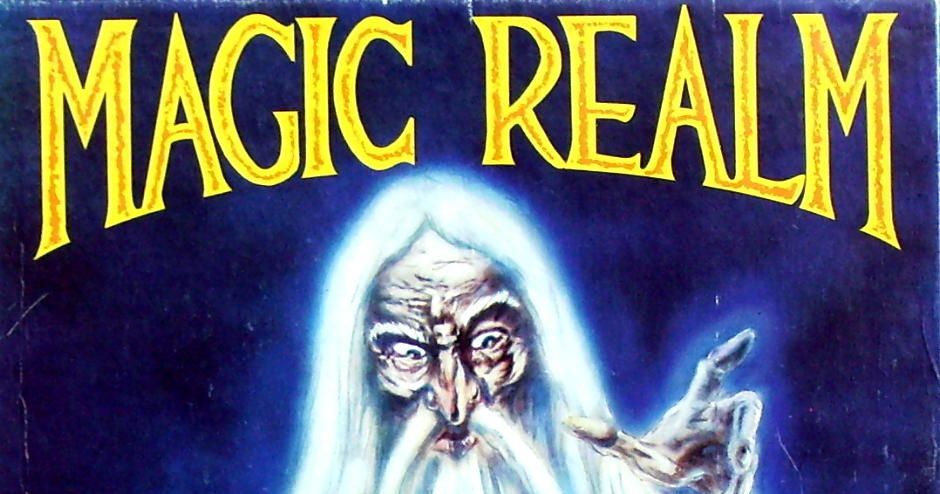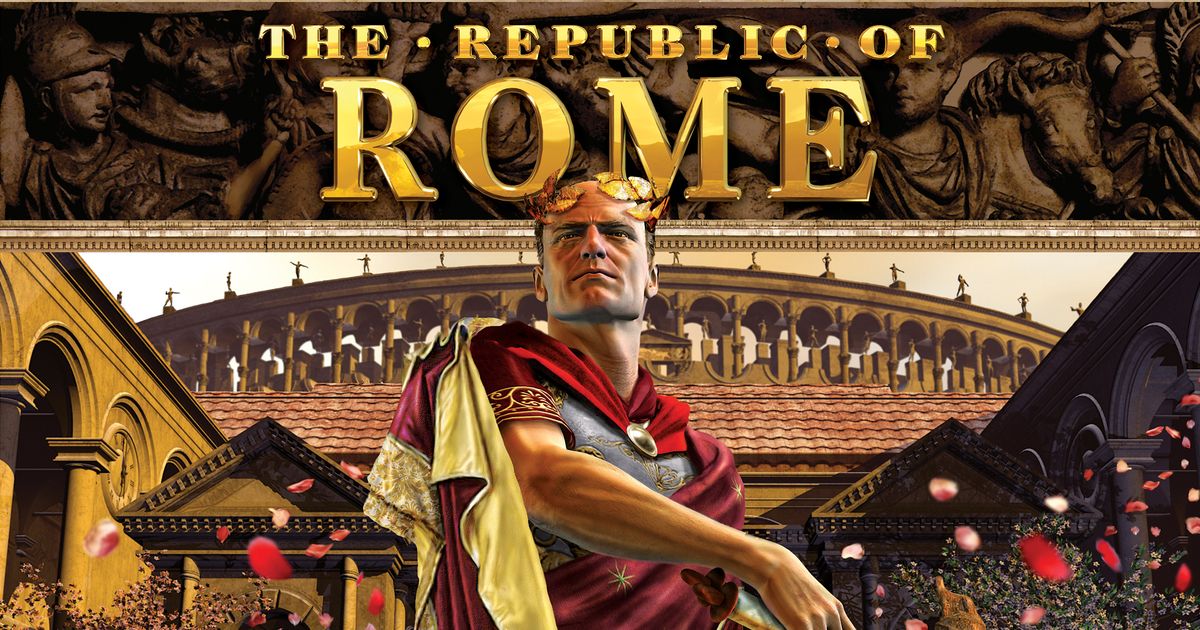Faylar
Legendary Pubber
- Joined
- May 1, 2018
- Messages
- 2,087
- Reaction score
- 3,510
Heroquest was my gateway drug into RPGs.
For me, boardgames fill a niche that RPGs do not and cannot. When I get together with family, we play Boardgames and it is a lot of fun. It opens up conversation and brings out friendly competition. Even the odd clucking of the non players over our antics opens up dialogue and fun. Good memories sitting around the big family dinner table with my grandparents Uno deck, or Yahtzee... hell, even card games. We also tried other games like monopoly and the like. My inlaws family likes things like Labrynth while my old game group likes casual exploding kittens and cards against humanity type games.
I know I mentioned mostly card based games, but we did a lot of boardgames interchangeably.
These same people (With the exception of my old game group), I would never ever dream of trying to play an RPG with.
For me, boardgames fill a niche that RPGs do not and cannot. When I get together with family, we play Boardgames and it is a lot of fun. It opens up conversation and brings out friendly competition. Even the odd clucking of the non players over our antics opens up dialogue and fun. Good memories sitting around the big family dinner table with my grandparents Uno deck, or Yahtzee... hell, even card games. We also tried other games like monopoly and the like. My inlaws family likes things like Labrynth while my old game group likes casual exploding kittens and cards against humanity type games.
I know I mentioned mostly card based games, but we did a lot of boardgames interchangeably.
These same people (With the exception of my old game group), I would never ever dream of trying to play an RPG with.









 Those count as "board games" right...?
Those count as "board games" right...?


